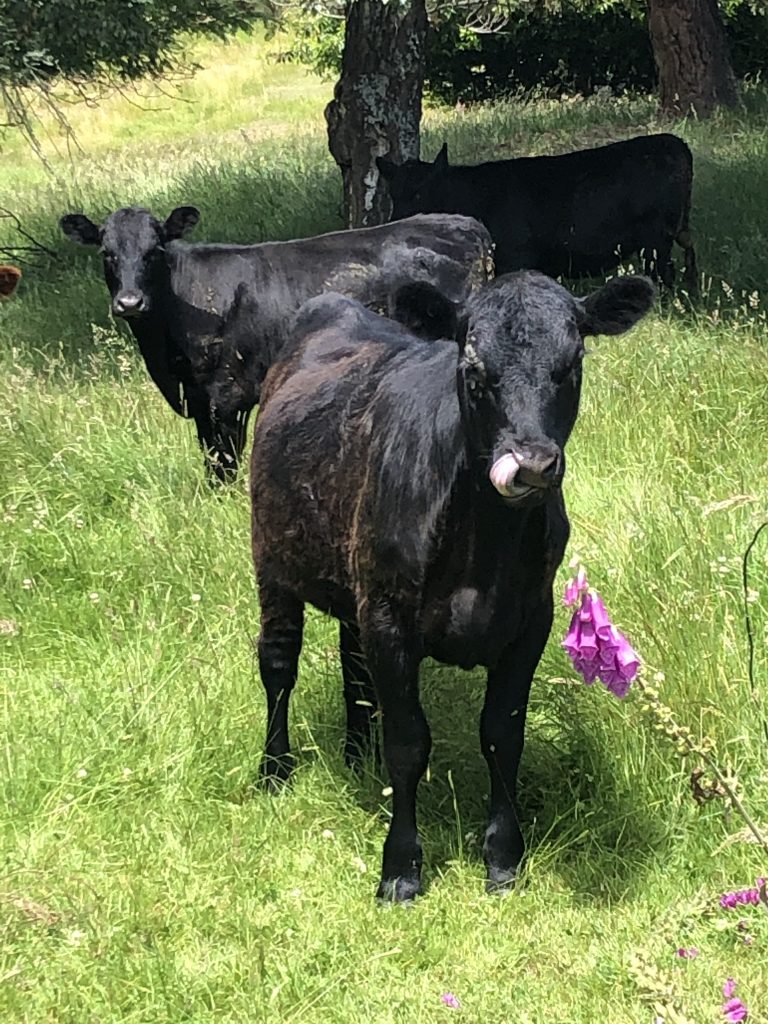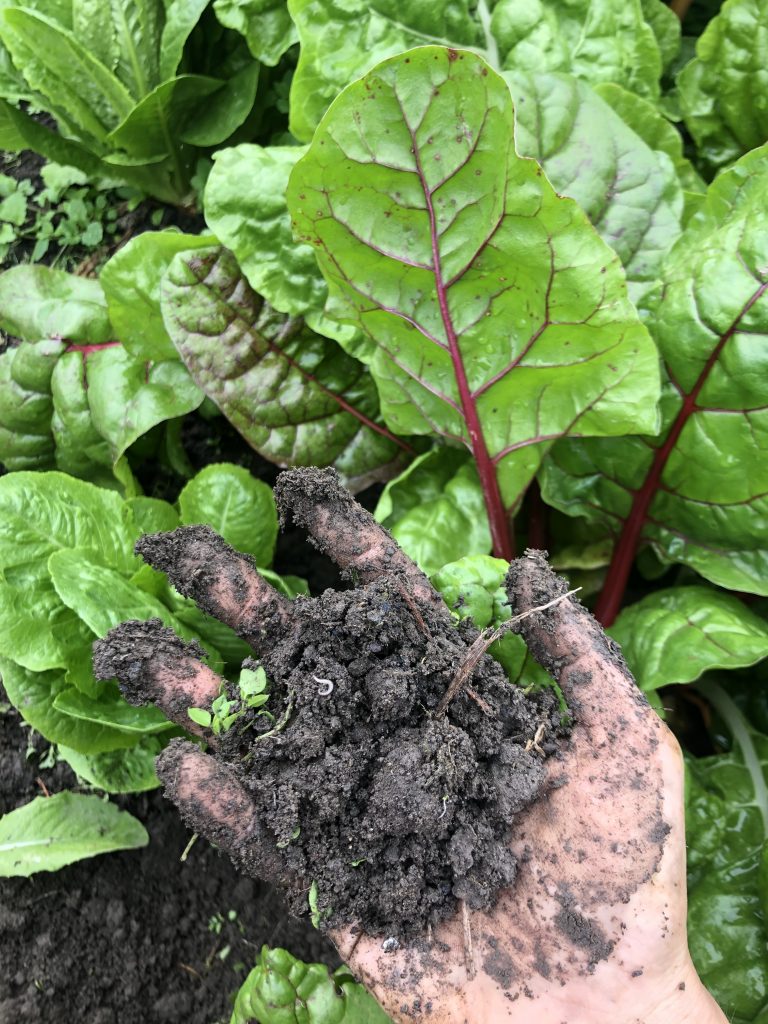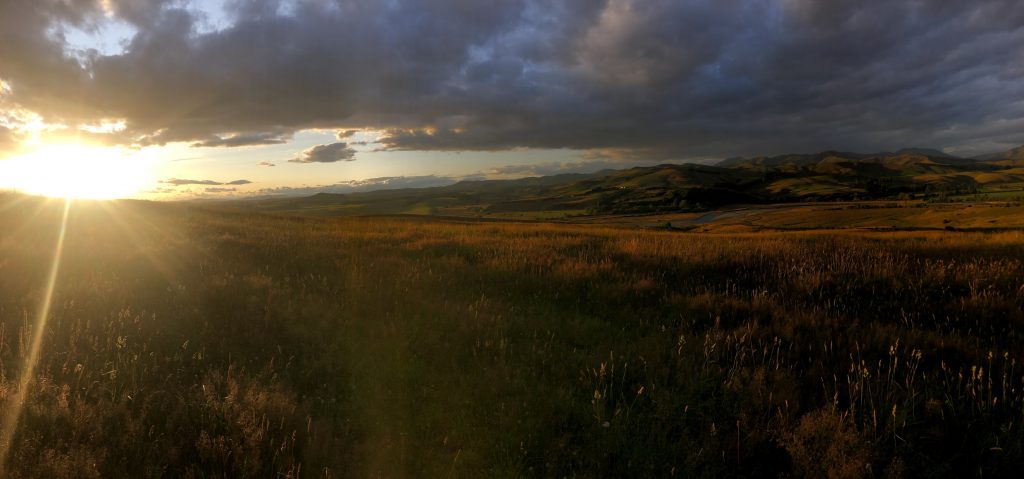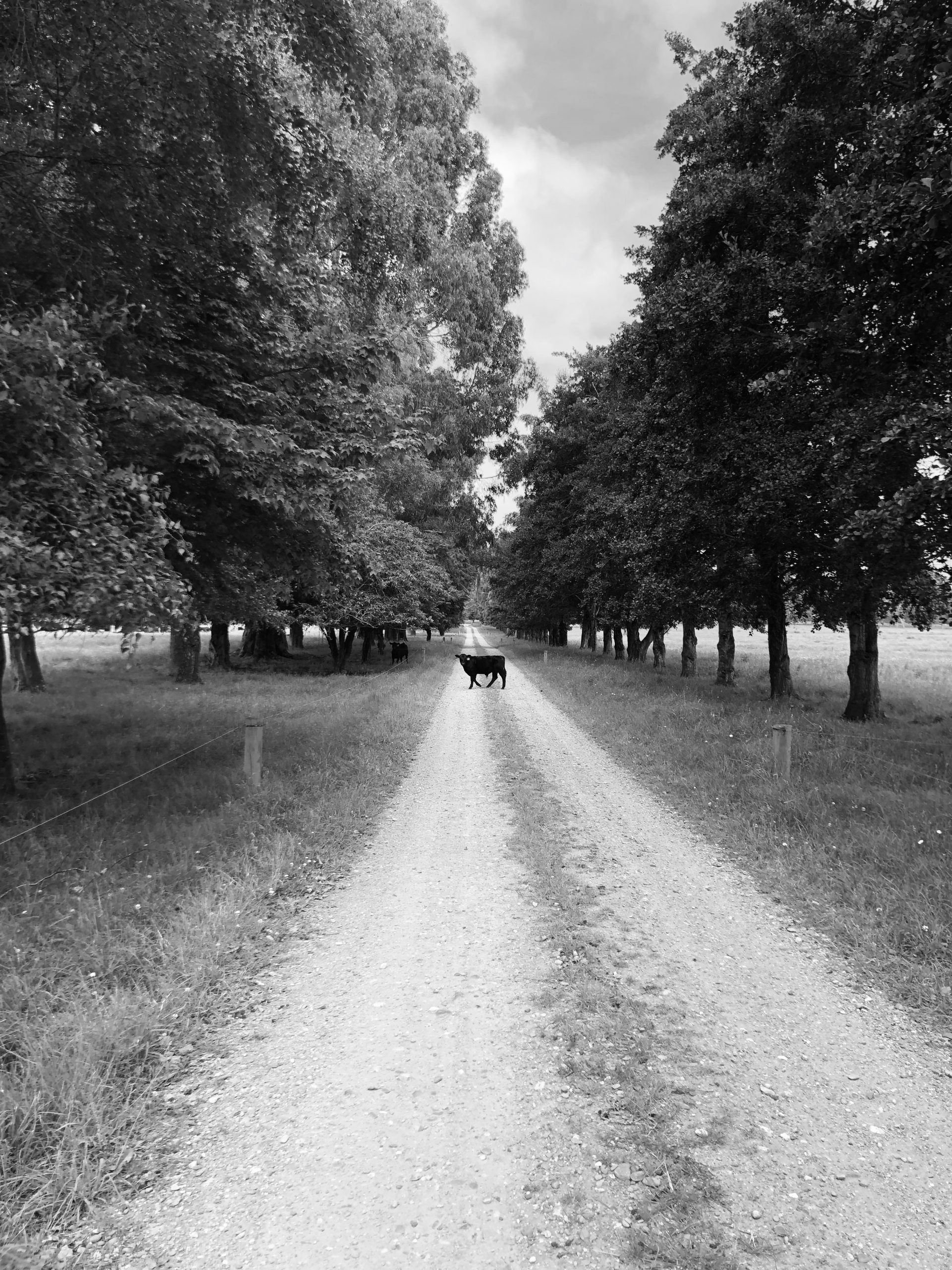How times have changed, last May I left Farmers Business Network, an Ag Tech start-up company in the U.S., to explore agriculture systems in other parts of the world. I was initially drawn to New Zealand by the lore of the clean green open spaces and a curiosity to spend time on the idyllic farmland I had only seen on postcards.
Now for family reasons and the COVID-19 pandemic, I am back in the U.S.. My time working on the land and diving into conversations with farmers on both the North and South Island has left me with a lot to think about. And while I am not on NZ soil at the moment, the lessons and memories from my time continue to shape my understanding of our global agriculture system.
When I began talking to farmers around the NZ countryside six months ago, I quickly learned about the many factors that make up their rural economy. Even before COVID-19, agriculture faced the need to transform, with a trifecta of challenges from environmental compliance, consumer trends and climate change. Kiwi farmers can pride themselves as both stewards of the environment and that they contribute high quality agricultural products to the domestic and global food supply. Yet, certain farmers feel they are the target of pointed fingers laying the blame for tainting the cleen green brand, largely through intensification of the dairy industry and the impact this has had on waterways.
I recall an unexpected conversation in a cafe with a sheep and beef farmer in the Auckland region who highlighted farmers’ frustrations over changing consumer demand and the future of her operation. The farmer questioned how the cow in her pasture could be any worse for the environment than the plant-based burger that a growing number of consumers are now demanding. She questioned how a burger made out of peas that goes through extensive processing and incurs hundreds of food miles could be better for the environment than her cow chomping on the green grass right outside her front door.

Traveling to different farms across NZ helped me better understand the wide range of pasture management practices used
The answer needs some deeper analysis than the scope of this opinion piece but her frustration over the future of her grass-fed operation is well-founded. Consumers are asking for more plant-based products while actively questioning the environmental impacts of the food on their plates. Preferences aside it isn’t a black or white answer as to which is better for the environment. So much of it depends on farm management and conservation practices in all parts of the supply chain. But that complicated answer isn’t always what consumers hear. Too often consumers are the target of overly simplified marketing messages that don’t tell the whole story leading to misinformation. With consumers becoming more sophisticated, greater transparency is being called for throughout the supply chain – from farm to table.
“How am I expected to meet new environmental regulations
when I am told to produce the same amount and reduce emissions
to below pre-industrial agriculture levels?
We are given these new guidelines without any ideas
of how to accomplish them.” – Matt W., Dairy Contract Milker, Waikato
NZ farmers know and accept that change is on the horizon and are looking for more guidance and evidence to help them make the future of their business more certain. I have spent enough time with farmers to know that there are a range of unknowns in meeting the challenge to farm more sustainably. While farm environment plans are a step in the right direction there are a growing number of farmers that have found renewed hope in the practices of regenerative agriculture (regen ag), an approach that I believe is a silver lining of hope to shift from the current high input model of agriculture to a more holistic model of farming.
Regen ag is not a new concept. The Rodale Institute in the United States started using the term in the late 1970s and 80s; however, the phrase and the agricultural practices that it represents have found a resurgence in recent years as farmers search for ways to farm better and mitigate the impacts of climate change. Increasingly supported by both scientific research and anecdotal evidence, farmers are discovering ways productive land can be a resilient, restorative and regenerative carbon sink rather than a source and this depends fully on their approach to farm practices.

A key component of regen ag is focusing on soil health and recognizing the fundamental role that soil plays in a healthy agricultural system
A growing body of Kiwi farmers I met don’t want to accept the status quo anymore and exude a sense of hope and excitement for a regen ag future. A regen ag mindset is what led one farmer to develop a 400 year mindset by adopting various ecological principles to be the building blocks of a farm succession plan. He put pen to paper and wrote out his thinking on how his farm could continue to adapt to a changing climate by adopting practices such as adding more crop diversification, altering grazing patterns and rethinking how to use various paddocks on his farm. Other conversations with regen farmers revealed similar stories of holistic, out of the box thinking, through stories of farm trials adopting dung beetles and essential oils as alternatives to synthetic pesticides to control pests and weeds. Regen ag isn’t about finding the one solution that fits every farm, it is about a mindset of thinking how to work with nature rather than against it.
“We think about it as empathy for the soil biome, so in essence
it’s making decisions that treat the land as a living entity”– Andrew B., Southland
Regen ag farmers highlight the importance to understand the complexity and interconnectedness of nature and how they are constantly working to ensure that a single choice will have outcomes that stretch far beyond that one decision.
“There isn’t a one size fits all solution to our agriculture system.
On our farm, we try to live by the principle that you can’t change the world,
you can only change yourself.” – Andrew B., Southland
My investigation into the NZ farm landscape culminated in my covering the annual Organic Dairy and Pastoral Group(ODPG) Conference as a photographer and writer. Fortunately I was able to attend the event right before COVID-19 became full blown and I had to return stateside. The two day event featured farmers, researchers and academics along with farm visits and was a great example of what the burgeoning regen ag future looks like in Aotearoa NZ.

I left Aotearoa NZ with a sense of hope and excitement for the growing number of farmers and businesses that are focusing on building a more regenerative agriculture system.
While the ODPG event was attended by several of the big agribusiness types, it was the farmers in the room who were telling the story and communicating the need for a paradigm shift. The thinking that’s in the zeitgeist is that the future of farming should be in terms of holistic systems and biological alternatives more so than the conventional current high-input model of agriculture.
The farmers, researchers, policy makers and businesses that are working to grow the regen ag movement in NZ are optimistic about the future for they have a chance to be global leaders in agriculture. It’s the work I am doing now since coming back to the U.S. that has come to life because of my learnings in NZ and I am grateful for what the Kiwi farmers I met have taught me throughout my travels.
Alissa Welker



Leave a comment